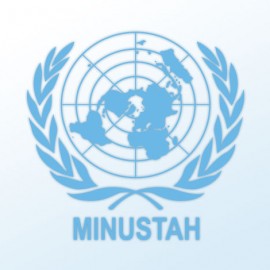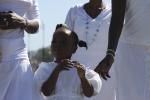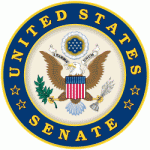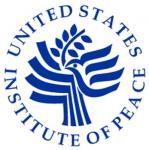MINUSTAH Releases Semi-Annual Report (August 31 - March 15)
 Below is the latest semi-annual report from the United Nations Stabilization Mission in Haiti (MINUSTAH) covering the period from August 31st - March 15th. The report provides an overview of key developments during this time, especially police capacity, rule of law, and human rights promotion - all of which need to be strengthened significantly before MINUSTAH can fully transition its responsibilities to the Haitian government.
Below is the latest semi-annual report from the United Nations Stabilization Mission in Haiti (MINUSTAH) covering the period from August 31st - March 15th. The report provides an overview of key developments during this time, especially police capacity, rule of law, and human rights promotion - all of which need to be strengthened significantly before MINUSTAH can fully transition its responsibilities to the Haitian government.



